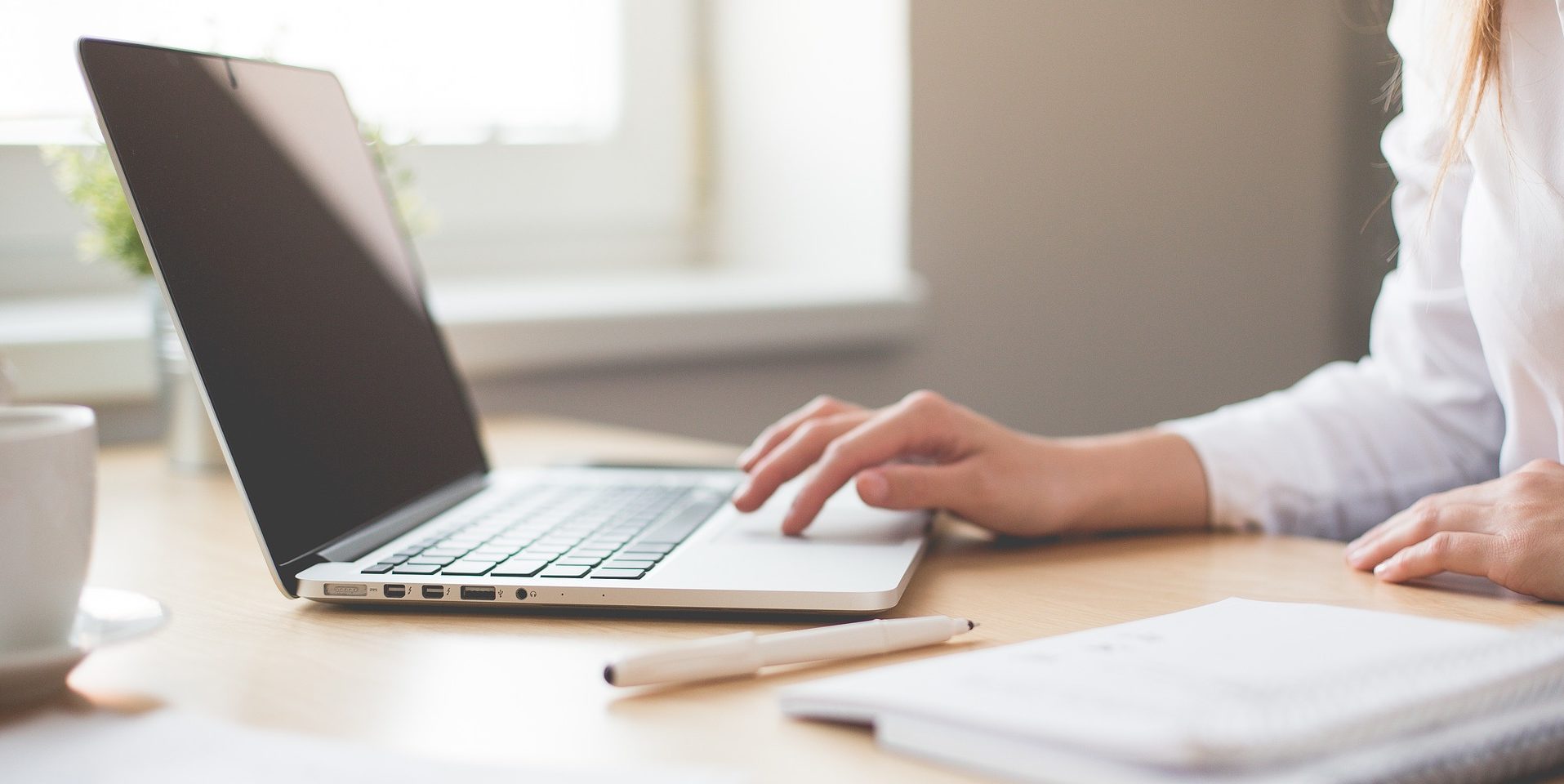If you’re struggling to get through your day, scrolling through your work emails while answering the phone and checking your day’s list of scheduled tasks, stop!
Many of us have fallen into the trap of perpetual busyness, undertaking several tasks simultaneously in the hope we might get a few more things ticked off our never-ending to-do lists. The problem is this constant mental activity is not only exhausting, it’s counterproductive to achieving what you want i.e. getting your work done to the level you know you’re capable of, and getting home on time.
Multitasking or task-switching doesn’t work because it requires the brain to work in a way it wasn’t designed. It results in us having to consume more valuable mental energy, the oxygenated glucose required to help us think. When multitasking we take longer to complete the work and make more mistakes, creating more work for ourselves, and adding to our fatigue levels. It’s been shown to reduce productivity by up to 40% and is the one brain function that gets worse with practice. Yikes!
In a world of increasing attention deficit, multitasking adds to our already elevated stress levels and is really bad for our relationships. Work by Gloria Mark has shown that choosing to monotask helps not only to lower stress but elevates productivity and wellbeing.
What does monotasking look like?
Monotasking is about starting with prioritising your tasks, choosing the top three and then completing each one sequentially. Our brain isn’t designed for long-term focus so this is about chunking your work into blocks of time (between 25 and 90 minutes) for more intense attention and to then take a brain break of 15-20 minutes. Applying better focus to a specified task elevates the quality of your work, makes you feel better about your progress and is energising. Monotasking helps to maintain your mental energy levels and attention over the entire course of your day.
While taking several brain breaks might sound counterintuitive, research has shown this is the best way for the brain to restore and refresh, whether for study or work.
What should you do during a brain break?
Anything that doesn’t require your focused attention, and this doesn’t include checking your social media updates! This is the time for a little mind wander, a quick stretch, a walk, or time out for a coffee with a friend. Taking a break is as it sounds – pressing pause to uncouple from focused work.
Working with our brain this way helps to alleviate stress and boost productivity. We know multitasking or task switching doesn’t work, so let’s ditch it and choose to monotask instead.


